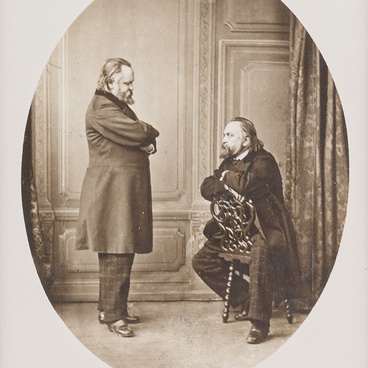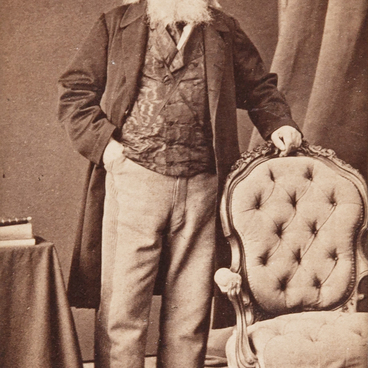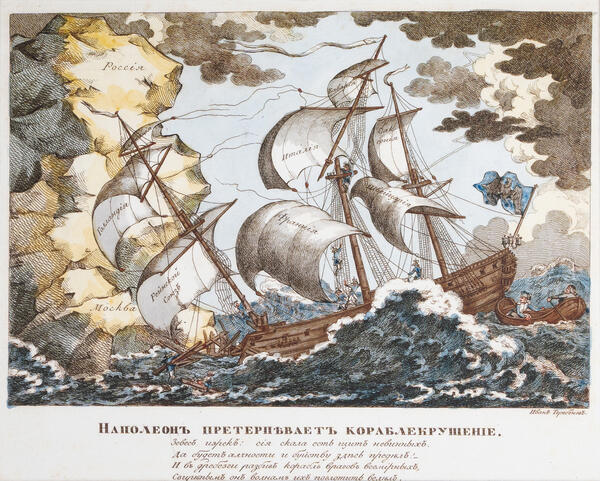However, for Alexander Herzen, the Patriotic War was much more than just a number of images: it was associated with the most important event in the life of his family. His father, the retired guard captain Ivan Yakovlev, was unable to leave Moscow with his relatives and servants before Napoleon’s army marched into the city. He was brought to the French emperor.
“In a shabby, dark blue, short coat with bronze buttons, intended for sporting wear, without his wig, in high boots that had not been cleaned for several days, with dirty linen and unshaven chin, my father — who worshiped decorum and strict etiquette — made his appearance in the throne room of the Kremlin Palace at the summons of the Emperor of the French,” Alexander Herzen wrote in his book “My Past and Thoughts”. Napoleon offered to give Ivan Yakovlev’s family a pass to leave Moscow in return for a favor. He asked Yakovlev to deliver a letter to Emperor Alexander I. He wrote on the envelope, “A mon frère l’Empereur Alexandre” (“To my brother Emperor Alexander”). Ivan Yakovlev completed his assignment but was not granted an audience to meet the Russian emperor. The letter was delivered through Count Aleksey Arakcheyev. The writer’s father had to remain under arrest for a month and after that was commanded to leave St. Petersburg.
The permit to leave burning Moscow, signed by the
Duke of Treviso and stamped by the chief of Moscow police Lesseps, was kept in
the Herzen family as a token of reminder of these difficult times. The Cossack
general Ilovaysky sent Ivan Yakovlev’s family to the nearest town with a party
of French prisoners and an escort of Cossacks. He also provided them with money
for their expenses until they reached Yaroslavl. This story became a family
legend and one of the most remarkable childhood memories of Alexander Herzen.



